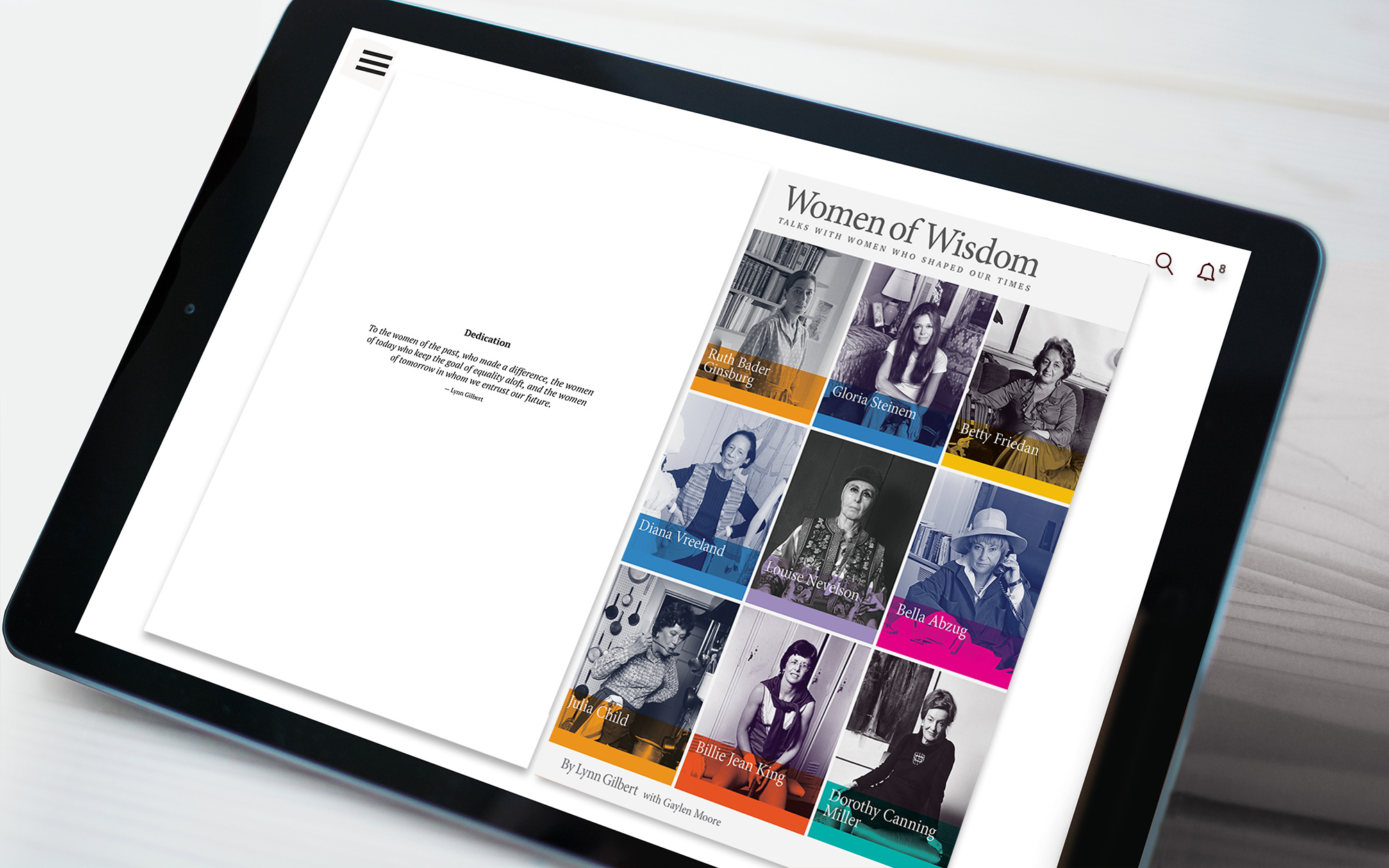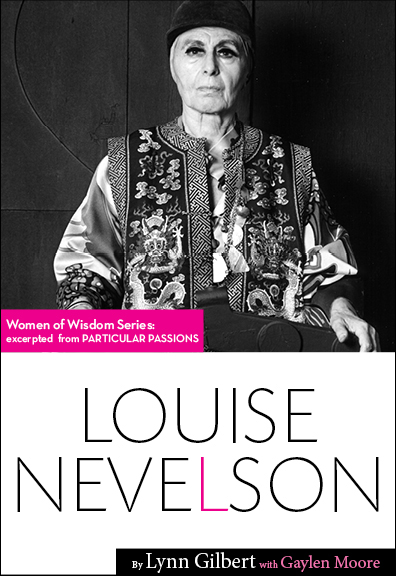"In the late 1950s, there was a group show at Castelli’s, and there was a little tiny painting of an American flag. I said to Leo, “Who did that?” He said, “Oh, he’s wonderful, that’s Jasper Johns.” Some time later Castelli gave Johns his first one-man show. I remember it was a Saturday morning, it was opening day but it was raining. Alfred Barr got there before I did because he lived uptown. He called me and said, “How fast can you get here?” I said, “Twenty minutes if I take a taxi.” When I got there he was alone in the gallery. The great variety of Jasper’s works was impressive. There were the numbers, the letters, the targets, all sorts of things. Leo Castelli was very considerate. He left us alone to discuss which ones the museum should buy. We knew we should buy several, the only way to get the range of the work. They were very inexpensive. After much discussion we decided on four that we should bring before our Collections Committee. We could not give any assurance that they would be bought, but we called Leo out and said, “These are the ones we’d like to have. Will you send them over?” He said, “Fine, would you like to meet the artist?” And poor Jasper had been sitting in a little inner room no bigger than a closet hearing everything we’d said for an hour."
— Dorothy Canning Miller, in Particular Passions: Talks With Women Who Shaped Our Times.





